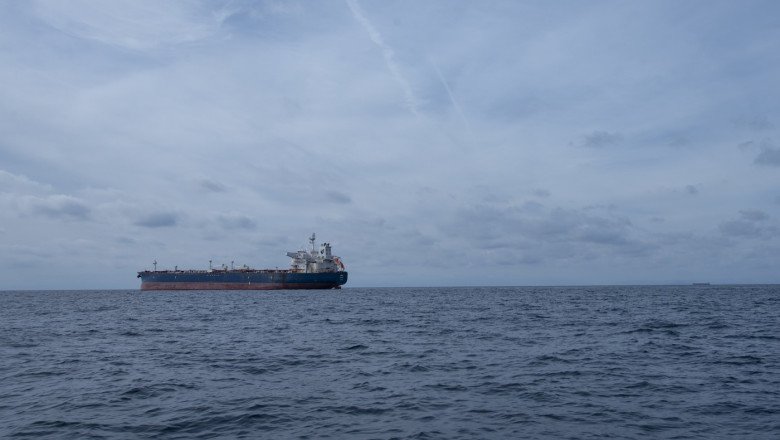A sudden increase in GPS interference at sea allows Russia’s “ghost fleet” to evade Western sanctions, according to a new report published by The Telegraph. The report shows that the number of ships affected by GPS jamming has increased by over 500% since January, while over 1,000 ships are now sailing under false flags, double the figure from nine months ago.
When the West imposed restrictions on Russia’s oil exports following Vladimir Putin’s invasion of Ukraine in 2022, a series of practices emerged to maintain global transports. After three years, things have escalated to a higher level. Russia’s oil shipments have reached a new record after the UK and EU intensified sanctions on oil tankers.
“In the 25 years I’ve been writing about Russia and global oil flows, I’ve never seen anything like what’s happening now,” says Michelle Bockmann, from maritime data company Windward AI. “It’s truly astonishing.” One of the most common practices is for sanctioned ships to quickly change their flag registration and manipulate tracking signals – through the global automatic identification system – to pretend they are in other places. This tactic, known as spoofing, is particularly used when Russian ships carry out illegal sea transfers of oil cargoes to ships not on the blacklist, offloading cargo just before entering ports.
According to data from Windward AI, the number of ships affected by GPS jamming has increased by 510% since the beginning of the year, totaling 11,600 between July and September. The number of ships with false flags has also doubled in the last nine months, surpassing 1,000 for the first time. Now, Russia’s illegal oil transports are at a turning point. New U.S. sanctions against Rosneft and Lukoil, two of Russia’s largest oil companies, are expected to be a decisive moment when they fully come into effect on November 21.
Read more here

